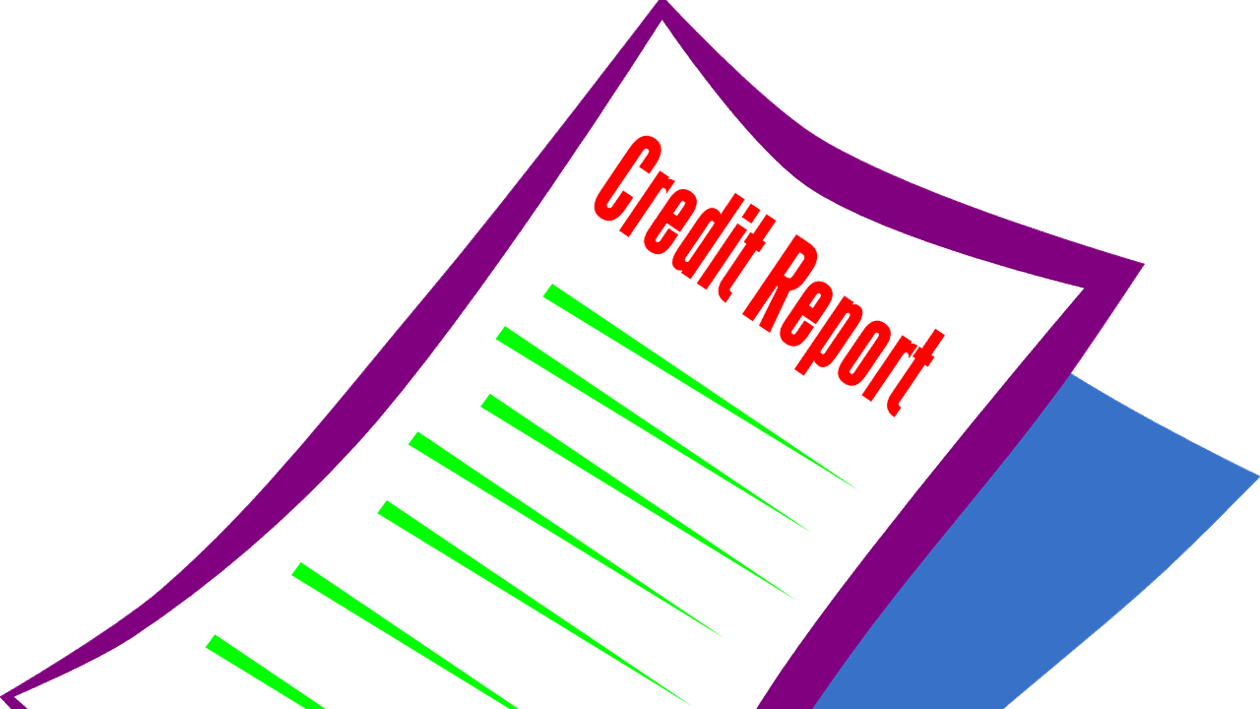As we all know there has to be a criterion which needs to be fulfilled by the applicants for loan disbursement, whether it is for the short term or the long term. The primary criteria that banks check out while granting credit or loan is your credit score and credit report, which have all the information about your credit history and repayment schedules and patterns.
If you do not have a decent history of repayment of your credits, your score will come down and banks will not allow themselves to grant loans even if you have proper collateral security. Credit score gets disrupted majorly in the case when you do not pay your bills timely and default the EMIs. It shows that you are not able to manage your debts efficiently and in a disciplinary manner, mismanagement of money.
How long does it take to improve your credit score?
There is no specific time to rebuild your credit score. It is all about your efforts toward financial management which will lead you to the improvement of your credit score. However, it is not wrong to say that if you follow all the below-mentioned tips to recover your credit score, it would take 4-12 months to rebuild depending on your current credit score.
For example, if your score is between 650 and 700, it will take a few months to reach 750. If your score is less than 650, it will take more time.
Solving the problem of low credit scores is necessary as you will not be able to get loans when you need them the most. Here are a few tips that will help you in improving your credit score to get a new loan of a sufficient amount in your hard times at a lower interest rate.
Check your credit report timely
Sometimes, due to technical problems, your payment may not be updated due to which your credit score gets disrupted. It is important to check your credit report regularly, to ensure that payment is updated and there is no technical glitch on the same. You can call your bank to solve this problem.
Outstanding bills payment
Prioritise your EMIs on the basis of interest and higher interest-bearing EMIs have to be paid as early as possible. However, in the case of no-cost EMIs, there is a limit up to which your EMIs bear no cost. Beyond that time limit, you have to pay interest. Settle down your no-cost EMIs as soon as possible.
Automate your payments
By automating your payment means, your EMI will deduct at a particular date (that you have selected) automatically from your bank account. It will reduce the possibility of forgetting about making payments and help you in maintaining your credit score.
Utilising your credit
Credit utilisation shows how you are dependent on your credit cards rather than your monthly income. Ideally, it is advisable to utilise up to 30% of your credit to maintain your credit score. Beyond that limit could lead you to two problems:
Inability to pay bills in upcoming months due to uncertain circumstances such as job loss, medical emergency, etc., which will ultimately lead you to default in payment.
It will indicate to your banker that you are spending more than your monthly income allows you to, which will adversely and indirectly affect your credit score.
Do not close your old credit accounts
To make it look good, some individuals attempt to close an account that has a negative credit history. But it indicates your financial inability. Try to pay your old due payment and keep your account as it is. Instead of closing an old account, try to be regular on your payment and spend according to your budget.
Try to limit your hard inquiries
Credit inquiries are of two types, hard and soft inquiries. A soft inquiry is when you or your potential employer check your credit history. Hard inquiries mean when you apply for a loan and your bank holds an inquiry about your credit history.
Try to limit your hard inquiries as much as possible to maintain and improve your credit scores as these inquiries indicate to your banker that you are applying for a loan in a short period of time because of the financial crisis. It will reduce your credit score indirectly.
By concluding, we can say that the only way to improve your credit score is to be financially disciplined in your daily life. Your financial disciplinary actions indicate a good financial reputation in front of your banker, which will ultimately help you in getting loans at the time of your needs.
Anushka Trivedi is a freelance financial content writer. She can be reached at anushkatrivedi.com
